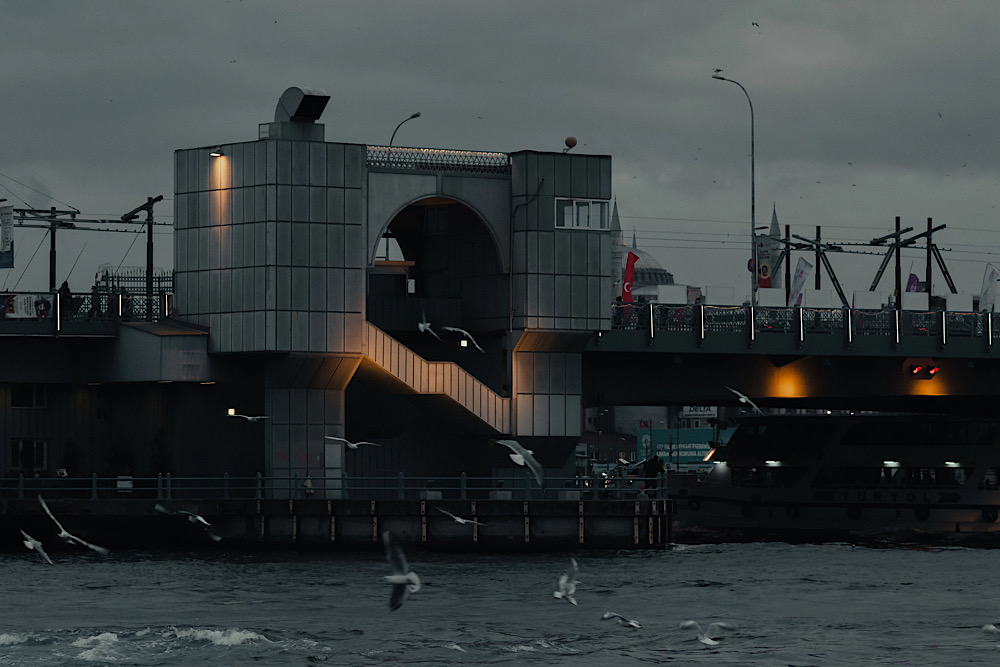Ankara and Beijing ready to sign a nuclear power plant agreement
Negotiations between the parties are being finalised and should be concluded by the end of the year. It would be the second plant after the Russian one, but two others are already under consideration. Turkey is counting on nuclear power to diversify its energy sources and meet its environmental goals.
Istanbul (AsiaNews) - Ankara and Beijing are on the home stretch of finalizing an agreement aimed at the construction of a nuclear power plant in Turkish territory, the second after the first plant built by the Russian Rosatom which should come into operation by 2024.
The he former Ottoman Empire is not the only country in the Middle East to decisively follow the path of nuclear power to meet its energy needs, in a phase of severe crisis: Tehran continues to promote its atomic capabilities and Saudi Arabia is evaluating a project Chinese for the construction of a power plant.
The first plant in the United Arab Emirates (UAE) has already been operational since 2020, while the leading nation in the region remains Israel, with a plant that has been active for years and the only nation in the area to possess the atomic weapon.
The Turkish Energy Minister Alparslan Bayraktar has confirmed that the negotiations with the Chinese counterpart are now defined and sources relaunched by Middle East Eye (Mme) speak of a signature that should arrive in the next few months, most likely by the end of the year.
High officials of the Beijing government visited the Thrace region, the European part of Turkey, to study the various projects in the pipeline and evaluate their feasibility.
The Chinese delegation consisted, among others, of He Yang, deputy administrator of the National Energy Administration and Lu Haongzao, senior vice-president of the State Power Investment Corporation.
Turkey meets its energy needs through a combination of different sources: gas for approximately 33% of the total according to 2021 data, followed by coal (32%), hydroelectric energy for 17% and non-hydroelectric renewable energy at 18%, but the dependence on coal remains an element of controversy.
In July, groups of demonstrators gathered in the Akbelen forest, in the south-west of the country, to protest against the destruction of trees to make way for a coal mine, resulting in air pollution as well as the loss of the forest environment. Previously, in January, the government had published an energy plan in which it ensured greater commitment to the use of renewables.
“We have reached a crucial point: we must finalize within a few months” underlined Minister Bayraktar.
“There are other interested parties and we have already had enough negotiations,” he continued, “for some parts of the agreement, we are quite close [to resolution]. I don't think there are big differences. We can soon find a pact with China for the nuclear program."
At the same time there are insistent rumors of negotiations between Ankara and Beijing for a third (and fourth) power plant, with attention currently focused on the most suitable areas in a nation at high risk of earthquakes, as emerged in the earthquake in Anatolia on 6 February .
The second should be built in the northern province of Sinop and a third in the northwestern province of Kirklareli. Turkey's first atomic plant is being built in the southern Mediterranean city of Akkuyu.
The plant's first reactor, a billion, 4,800 MW project built with the Russians, is expected to come into operation in 2024 and three more are planned which will allow Turkey to join the nations in the world that have access to nuclear energy for civil purposes.
Regarding the upcoming agreement with China, a source within the project told Nikkei Asia that "negotiations are progressing positively" and anticipated that the signature will be reached within a year. The nuclear plan should constitute "China's largest investment abroad", added the source, which is why Beijing has been negotiating for 10 years now to close the deal.
At the same time, it confirms the "look to the east" of the Ankara government which, despite being a NATO nation and an ally of the United States, has maintained ties with Moscow and the Dragon in these years of tensions and conflicts.
In June Sari Salih, director of Nuclear Infrastructure at the Turkish Energy Ministry, said that the country will have to produce just over 11% of its energy needs from nuclear sources by 2035 and 29% by 2053 to reach the targets on the climate.
26/09/2006







.png)










